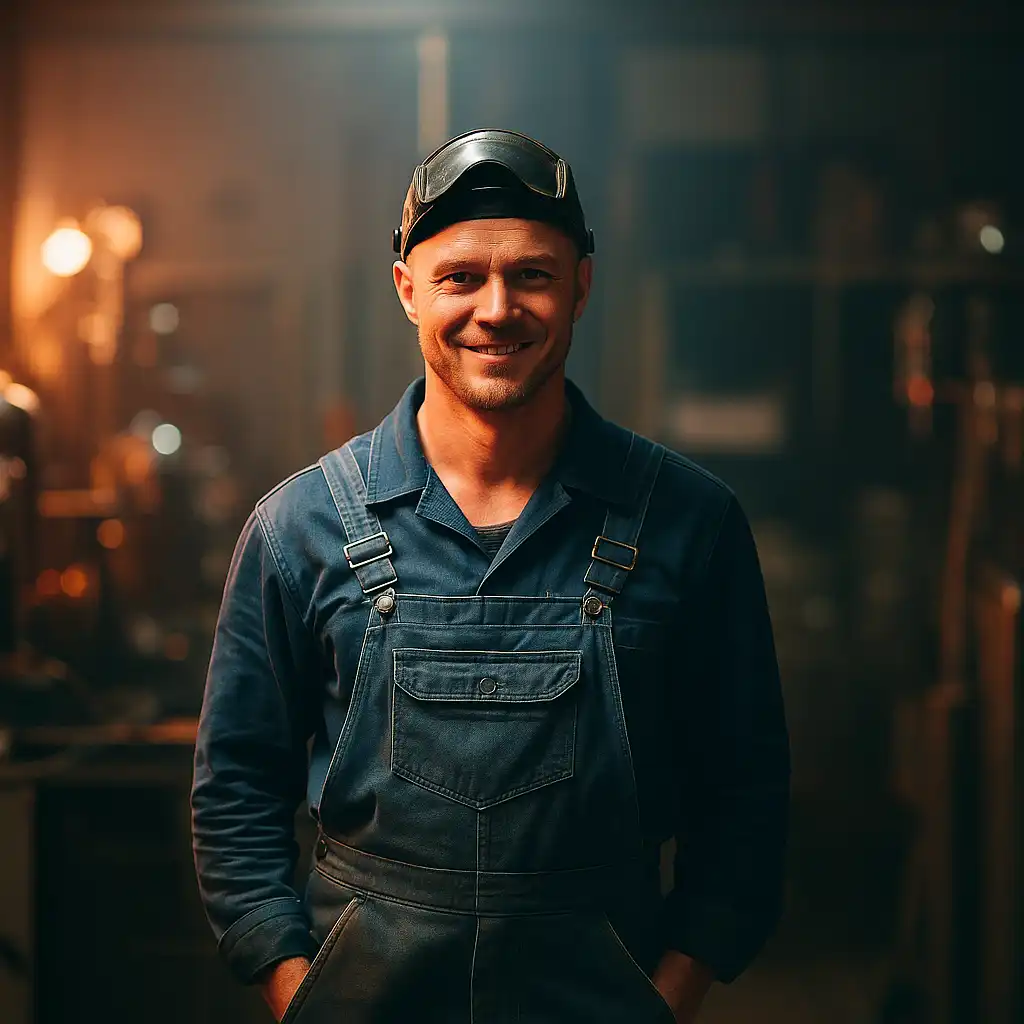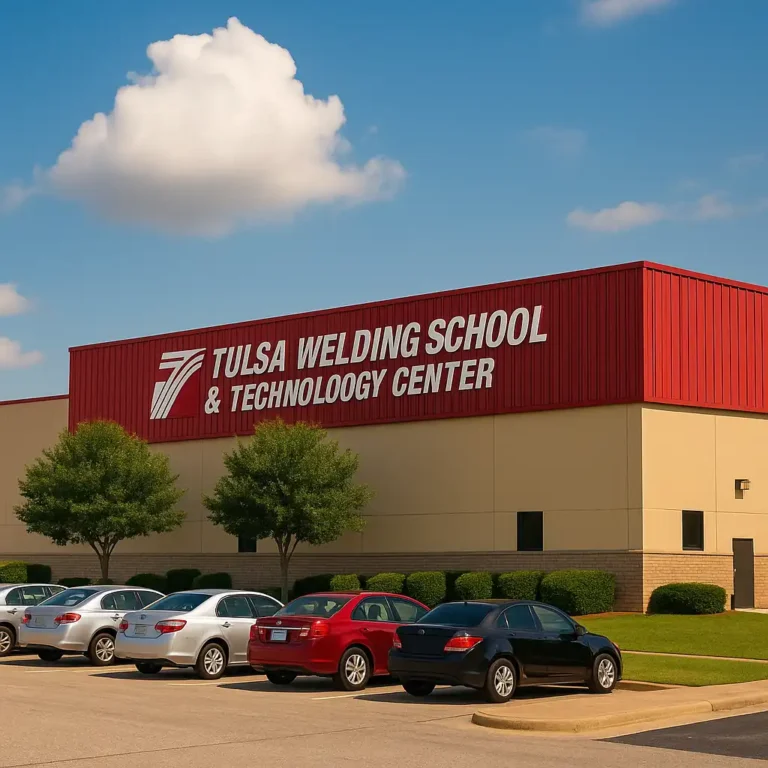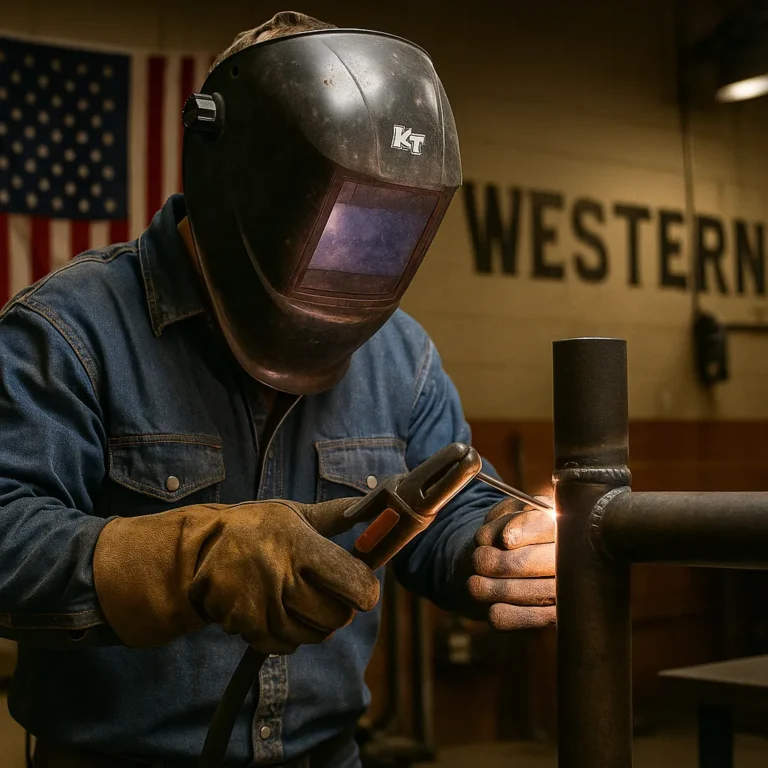Is Welding a Good Career for the Future? Insights and Job Outlook

Disclosure: This post contains affiliate links. As an Amazon Associate, I earn from qualifying purchases—at no extra cost to you.
Welding has long been the backbone of industries like construction, manufacturing, shipbuilding, and automotive repair. With infrastructure projects expanding and skilled trades in high demand, many people are considering welding as a career path. But is welding a good career for long-term growth, stability, and job satisfaction? Let’s take a closer look at the realities, rewards, and challenges of becoming a professional welder.
Strong Demand and Job Opportunities
One of the most compelling reasons to pursue welding is the steady demand. Welders are needed across multiple sectors, from pipelines and power plants to aerospace and underwater welding. The U.S. Bureau of Labor Statistics projects continued openings due to retirements and infrastructure upgrades, especially in regions with industrial growth. Skilled welders with certifications and diverse experience are often able to secure consistent work and competitive pay.
Earning Potential and Advancement
Welding careers offer respectable earnings, particularly as skills increase. Entry-level positions may start around $35,000 per year, but experienced welders in specialized fields—such as pipe welding or underwater welding—can earn upwards of $80,000 or more. Opportunities for advancement include supervisory roles, welding inspection, teaching, or even starting a welding business. Many welders also choose freelance or contract work, giving them flexibility and control over their schedules.
Training Requirements and Career Entry
Compared to traditional four-year degrees, welding offers a relatively fast and affordable path to employment. Many technical schools offer programs that last from a few months to two years, with hands-on training and industry certifications. This means aspiring welders can begin earning much sooner, often without significant student debt. Certifications from organizations like the American Welding Society (AWS) also enhance job prospects and credibility.
Physical Demands and Work Environment
Welding can be physically intense and requires stamina, precision, and attention to safety. Welders may work in confined spaces, extreme temperatures, or at elevated heights. While the work is hands-on and fulfilling for many, it’s important to understand the physical requirements. Proper protective equipment and ongoing training are essential to maintaining health and safety on the job.
Is Welding Future-Proof?
While no job is entirely immune to change, welding is remarkably resilient. As automation grows, welders who stay current with new technologies—such as CNC systems and laser welding—remain competitive. Moreover, as countries invest in clean energy and infrastructure upgrades, welding remains a foundational trade supporting these initiatives.
Conclusion
Welding is a solid choice for individuals who enjoy working with their hands, have an eye for detail, and appreciate building things that last. It’s a career with tangible results, daily challenges, and opportunities to specialize in various niches. While it may not be for everyone, those who thrive in skilled trades often find welding to be both rewarding and resilient, even in uncertain economic times.






